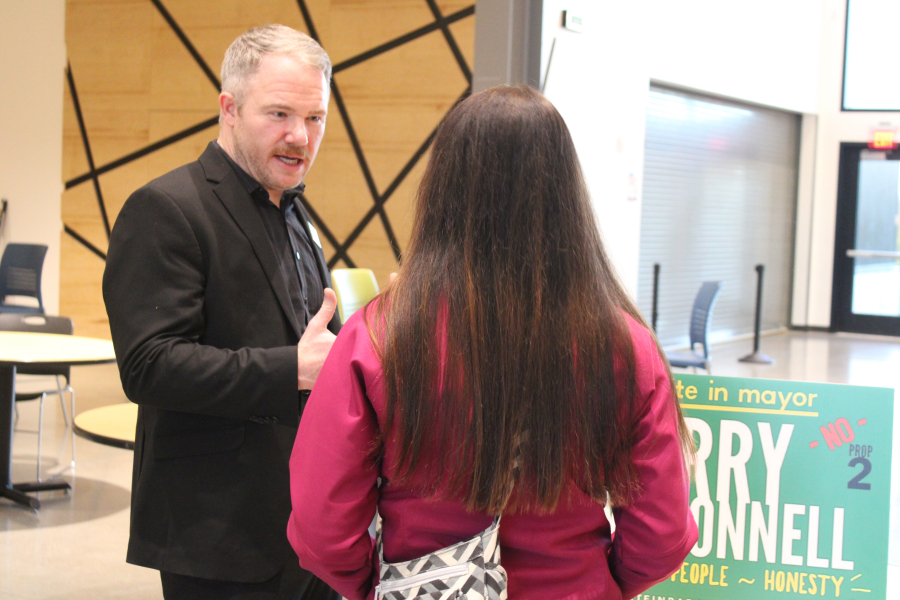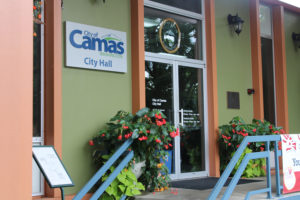As nationwide protests decrying police brutality against people of color enter their third week, the mayor of Camas is using his platform to speak about racism and police use-of-force policies.
In a video posted June 6 to the city’s YouTube channel, Camas Mayor Barry McDonnell says the protests — which stem from the May 25 videotaped death of George Floyd, a 46-year-old Black father killed during an arrest in Minneapolis after a police officer knelt on his neck for nearly nine minutes while three other officers watched — have sparked needed conversations about systemic racism and excessive use of force by law enforcement officers.





